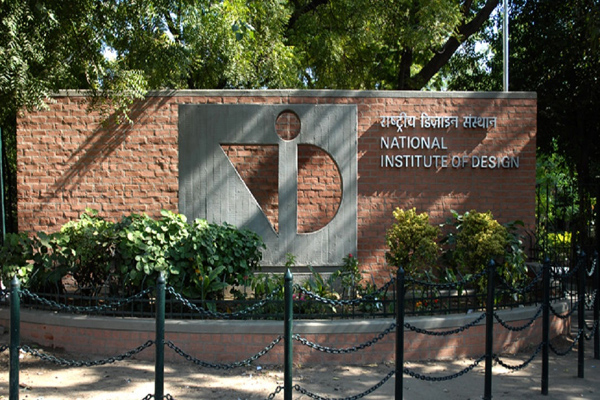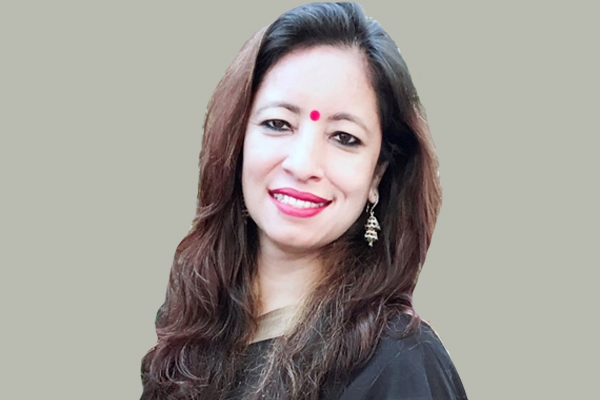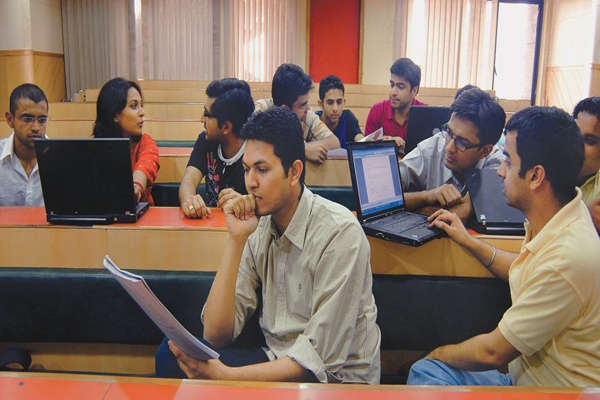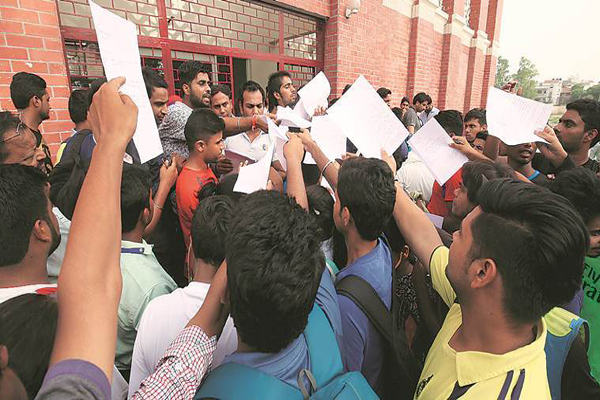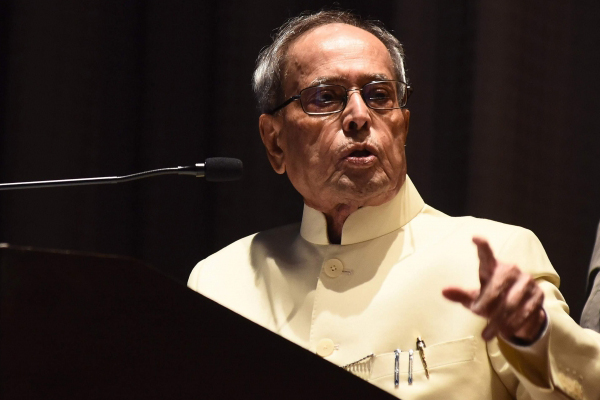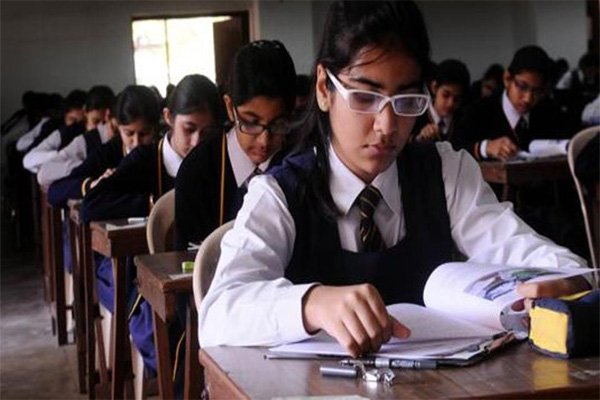Rajya Sabha has amended the National Institute of Design (Amendment) Bill, 2019 to impart in all design institutes in Andhra Pradesh, Madhya Pradesh, Assam, and Haryana, national importance. The amendment will accredit all National Institutes of Design to grant degrees and diplomas to its students.
As of now, these institutes do not possess the power to grant degrees and diplomas under the Societies Registration Act, 1860.
The bill was introduced by the Union Commerce and Industry Minister Piyush Goyal on 30th this year in Rajya Sabha with a voice vote. This bill intends to amend the National Institute of Design Act, 2014.
When questioned on the autonomy of these institutes, Goyal said, “Except at the time of appointment of a member of governing councils, the government has no role to play. Nothing on these institutes comes to me (for administration purpose). I am here only because of this bill. We want complete autonomy of the institutes.”
He also encouraged the idea to rope in industry-academia and leaders in the education sector and suggested that government funds can be utiliSed to set up government institutes of eminence.
The minister also assured that nobody is taking away credits of the leaders and professionals who contributed at large for these institutions.
Party leaders from other parties present at the debate also put up requests to set up NIDs in their states. N Gokulakrishnan of AIDMK asked for a NID to be set up at Chennai and Puducherry. Kahkashan Perween of JDU also asked to set up a NID at Bihar. K Somprasad of CPIM raised a request to seek national importance for the Kerala Institute of Design.






